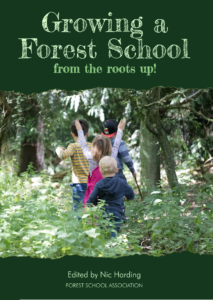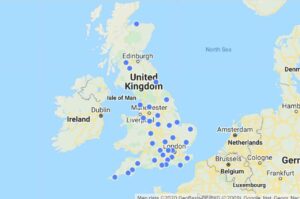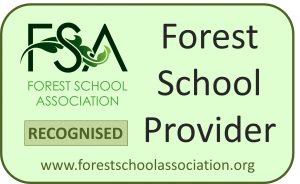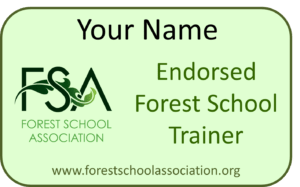Bluebells, cowslips, buttercups and dandelions
Following some local walks, I had time to think and I thought I would share these thoughts with you.
I had been looking forward to seeing the masses of bluebells again this year, plus a local attraction up on the hills (luckily both walking distance from my house)
Once there I started reflecting on the work I am missing. I should be with groups of children, one to one with individuals struggling to get into school and young adults coping with a multitude of issues making their lives difficult.
Arriving in our secret bluebell corner of a woodland I took photos of their beauty, so many beautiful belles, altogether, catching my attention.

Rightly, I was impressed. Just the same way as I enjoy mixing and meeting my groups and classes of lovely people. But then, because I had time, I noticed more. Amongst the beauty of blue tucked in little clumps were these gorgeous white flowers overlooked and overshadowed by the bluebells.

Looking around there were others. Over to one side trying to mix but not quite wanting to be in the middle were the tall, elegant, red campions.

The beauty of these youngsters showing off their gorgeous colours can only happen because of the great shelter from the ancient trees protecting them. Fallen branches and a couple of decaying old logs caught my attention.


Only then did I see the relationship of the ones who really did not fit in with the bluebells. A red campion growing in a precarious place, growing on the beauty and strength of a decaying stump.



Now over to the cowslips. They have taken over the ancient hill fort since footfall in the area has been stopped/reduced. After a surprise discovery a few years ago it is now an annual visit for me.

As above, with the bluebells I was amazed by the beauty of the protected flowers that have found their place in the world. But when I got up close for a photo, there hidden in the crowds of yellow, was a buttercup. The same colour, fitting in with others but quite different.

Now the dandelions. Beautiful. They grow where they want but are unwanted. Thriving in cracks on our patios, enjoying the middle of well-tended lawns, growing in veg beds and rose gardens. How many are “moved on” because they do not belong there or are a bit of a nuisance? They should grow elsewhere!


So how does this fit with our Forest School work and within wider society?
How many times do we enjoy the company of the lovely people we share our lives with, blue people like us? How long does it take to notice those quiet white flowers mixing with us? Do we notice the red petals just out of our group, proud and elegant but not able to mix? Do we appreciate the old and injured and their part in our lives? How do we support those youngsters who have happened to have started life in a precarious position and rely on a vulnerable member of their family?
What happens to our dandelions? Moved on and on. Cared for by Forest School leaders in this piece of musing and many other caring locations, where they are recognised and valued for who they are. Returning to their community they are still seen as dandelions. Why haven’t they changed? Back you go!
When we dress up and mix with the gorgeous yellow group, do we notice the difference of those who have learned how to fit in, that they may be feeling vulnerable in the crowd? Or is that what we feel sometimes?
Do we try not to uproot the dandelions? They will always leave a little bit of root that will tug your heartstrings later, growing back in that inappropriate spot. Should we care for the dandelions as they are, before sending them back to face further struggles, or aim to challenge their growing habits and see if they can make “better decisions”? Could this mean back in the garden, growing somewhere that does not offend so they become spotted, appreciated and add value?
Hopefully we all are able to say we do our best to be inclusive, to be honest we will all have made errors of judgement over time. These two trips reminded me that it does take a conscious decision, and that I need to make time to find and care for those that are different from me. Following Ben’s recent input on the FSA webinar, I expect many of us spend a lot of time with dandelions.
We must however not beat ourselves up if we can’t always manage our caring role. The decisions we make are made with the best intentions and we also have to learn continuously. For our own health, we do need to enjoy being blue belles or beaus and look after ourselves while we care for and nurture others.
If you have read all this, well done and thank you. I guess not been able to chat as usual has got me writing as a form of communication. If you have any thoughts, then I would love to hear them.
Kim Base
Speedy bio: Over 30 years in primary education, most of that time as a deputy headteacher. I finally jumped out the window and have spent the last four years working with any age group in outdoor education including as a Forest School Leader and as a D of E expedition leader/assessor.
Please join our LinkedIn group FSA Sparks for the Forest School community if you would like to discuss Forest School further.





Thank you, Kim, for sharing these thoughts with us.
Timely musings as we consider global and societal challenges around power and injustice brought into sharper focus by Covid19 and Black Lives Matter protests.
I witnessed the struggle of neurodiverse children and young people within my school, where curriculum and target setting required them to fit in, rather than offering a place to belong that valued difference. Forest School, at its best, is this place.
We have much to learn. For us to be truly listening, hearing, understanding and responding to the needs of individuals within our own Forest School communities and our wider society we will need to be open to doing things differently.
At times this has challenged me. It is so hard at times to admit I have got things wrong, misread a situation, made assumptions about a child or a family that has stopped me listening.
I have much to learn and am grateful to belong to this professional body of reflective Forest School practitioners, committed to improving outcomes for all through living out the ethos and principles of FS.